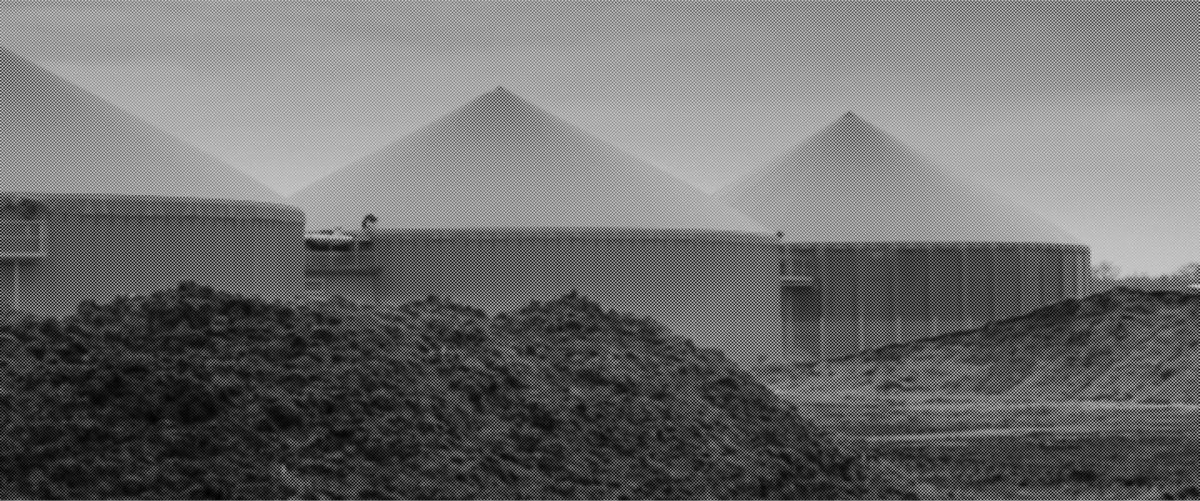Readers of the Delaware Call might assume, as I once did, that the state’s Department of Natural Resources & Environmental Control (DNREC) advocates on behalf of our natural environment and communities. To the contrary, it seems that Governor Carney’s agency is more interested in facilitating business interests.
Nowhere is this more obvious than with Bioenergy Devco’s controversial gas refinery proposal in Sussex County. Since 2020, Food & Water Watch and our allies have been fighting the company’s proposal to truck hundreds of thousands of tons of poultry waste from at least three states to a new refinery planned for Seaford.
The industrial facility would be built next door to a residential community, and the resultant explosive gas would be trucked about 12 miles before being injected into Chesapeake Utilities’ pipelines. The project is a disaster waiting to happen.
Whether you live in Sussex County or not, this project should concern all Delawareans invested in the climate, our waterways and environmental justice. All are under attack here. After more than a year of delay, Bioenergy Devco filed for state pollution permits in August, triggering the start of a public comment period where Delawareans will be able to push back against the dirty project.
Bioenergy Devco’s proposal would lock in climate-warming greenhouse gas emissions. As the nation’s lowest-lying state, we should look at that risk with clear eyes. Emissions from the company’s proposed methane refinery would have the same annual climate impact as a typical car driving almost 100 million miles — and Bioenergy Devco has a deal with Perdue Farms to run for at least 20 years.
Even without this project, Delaware is projected to endure more deadly heat waves, and serious sea level rise of up to four feet by the end of the century. At a time when we must be reducing emissions everywhere, Bioenergy Devco’s project would create pollution we simply can’t afford. Bioenergy Devco’s proposal would pollute our water – from private wells to our beloved Delaware, Inland and Chesapeake Bays.
Extracting gas from poultry waste doesn’t make that solid waste disappear. The 200,000 tons of poultry industry waste Bioenergy Devco plans to truck into Seaford each year still has to be disposed of once the gas is trucked away. Bioenergy Devco proposes to distribute this byproduct to farmers across the state, who would spread it on their land. But hundreds of thousands of tons of waste is far too much for Delaware fields to absorb. Instead, that waste would find its way into our waterways, leaching harmful chemicals like nitrates into drinking water supplies and vulnerable critical ecosystems along the way.
What’s more, the plant’s wastewater itself will be dumped into the Nanticoke River, a direct tributary of the Chesapeake Bay. Most alarming are the environmental injustices the project’s approval would exacerbate. The community within three miles of the proposed plant is home to people of color at almost twice the rate of the county as a whole, and home to people living in poverty at almost three times the rate of the state as a whole.
These folks — who would breathe the refinery’s air pollution, drive alongside explosive “bomb trucks” and drink water potentially tainted with carcinogens — have been kept largely in the dark about Bioenergy’s proposal. This month, DNREC will hold an online community workshop, supposedly to inform members of the public about the project. But don’t be fooled: As I learned in a meeting with DNREC this summer, the workshop will be a dog-and-pony show to greenlight polluting industry investments, not a real occasion for directly impacted communities to understand the risks.
We pushed back. We asked DNREC to allow advocates to participate in the workshop to ensure that its audience hears about potential harms associated with the project in addition to the company’s pitch. DNREC said no; only representatives of the developer may speak, and they may withhold any information they choose.
We asked DNREC to require those representatives to speak in language comprehensible to laypeople and answer questions – even hard questions – posed by the audience. DNREC said no; the applicant may use whatever jargon it chooses, no matter how unfamiliar, and ignore any questions it does not like.
We asked DNREC to provide translation for community residents who speak Spanish and Haitian Creole. DNREC said they will provide bare-minimum closed-captioning in Spanish, but has not made any accommodations for the proposed refinery’s Haitian neighbors. Bioenergy’s draft permit documents are only available in English.
Governor Carney and his state agencies have a solemn obligation to inform, engage and protect the public. They aren’t doing that. As such, we will not tolerate DNREC’s industry presentation this month. Stand with us in boycotting the one-sided “community workshop” and join us instead at the October 26 public hearing to oppose Bioenergy Devco’s permits.
The hearing, where resident’s concerns will be on the record, is where we must raise our voices. Bioenergy Devco’s project is an affront to our climate, environment and communities. We must stop this environmental injustice in its tracks — join us.
Greg Layton is a Delaware Organizer with the national advocacy group Food & Water Watch. Food & Water Watch mobilizes people around the country to protect our food, water, and climate from the corporations and other destructive economic interests that put profit ahead of everything else. In Delaware, Greg runs a statewide campaign against factory farm biogas. A lifelong Delawarean, Greg was born and raised in Sussex County, not far from the proposed Bioenergy Devco facility. He currently lives in Kent County.

